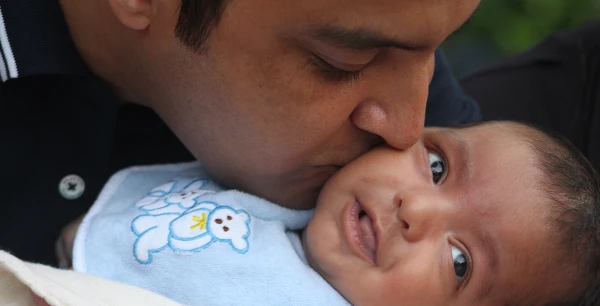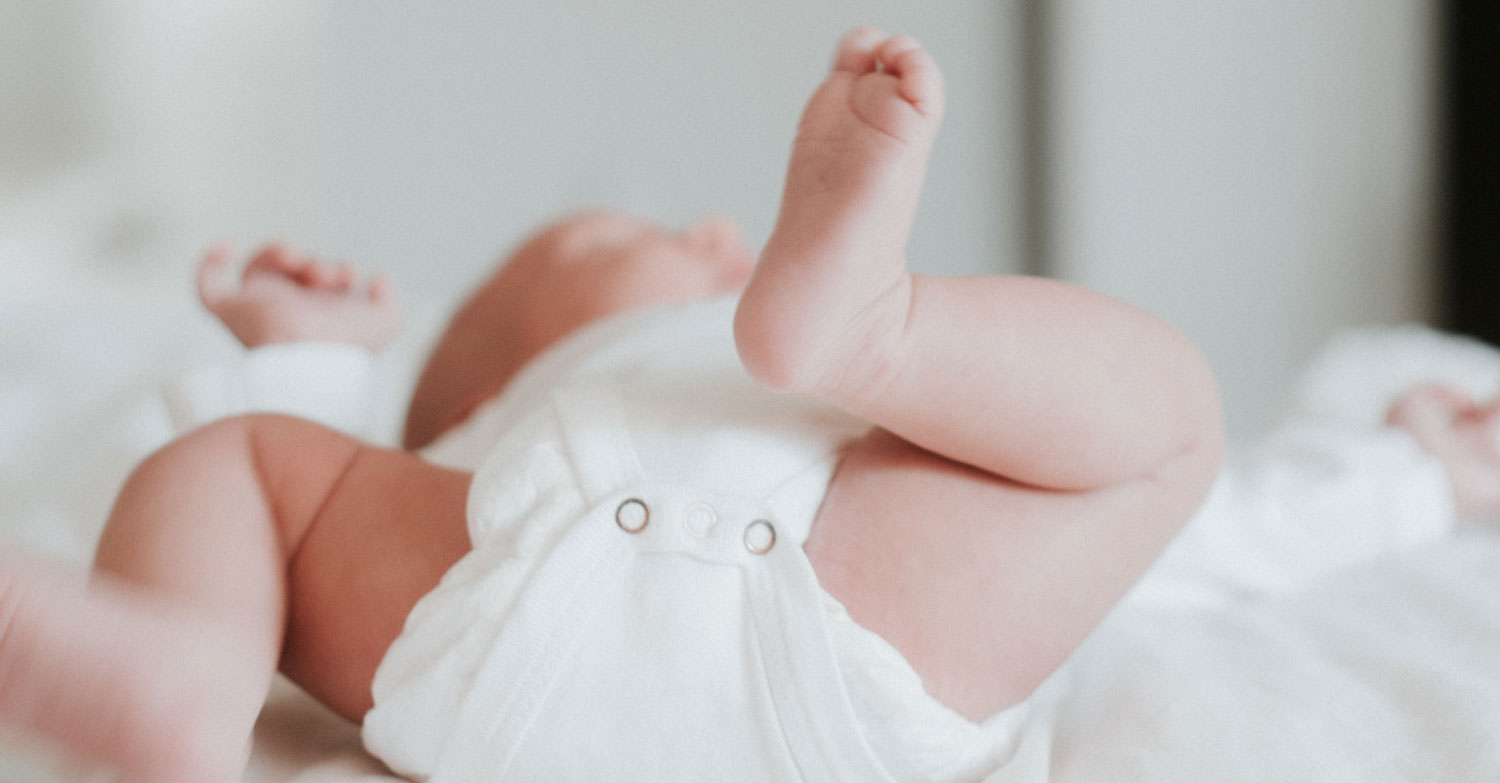 This is a great blog post by Dr. Wendy Sue Swanson, aka Seattle Mama Doc. Its short, sweet and packed with info! I have put her words in italic.
This is a great blog post by Dr. Wendy Sue Swanson, aka Seattle Mama Doc. Its short, sweet and packed with info! I have put her words in italic.
There is a lot of information (and opinion) about how to get your infant to sleep through the night. Cry it out/don’t cry it out, rocking/no rocking, co-sleeping/crib sleeping, white noise/no noise, breastfeeding or bottle-feeding. Everyone has an idea about what works. Like I said earlier, there is very little data to support one technique over another.
Sleep Lady Comment (SL): Although she does write in another post that consistency is the key to baby sleep success no matter what method you choose! I couldn’t agree more.
Auspiciously, there is new data that may help us know what NOT to do. Researchers found 3 things to avoid while helping your baby learn to sleep through the night.
A study (summary in Journal Watch 2010) refutes an urban legend: feeding rice cereal keeps babies asleep.
The findings may also help us understand how to improve our home environment to ultimately improve infant/toddler sleep. Researchers in Boston followed over 1600 mothers until their babies were 2 years of age. They evaluated the amount of sleep babies got at 6 months, 1 year, and 2 years of age. Study results included:
1. No rice cereal before 4 months. Feeding rice cereal early in infancy doesn’t help babies/toddlers sleep longer. Many parents hear that rice cereal will satiate a baby to the point that they’ll avoid overnight feeds. The study found babies who were fed rice cereal before 4 months of age slept LESS. I recommend no solids until about 6 months of age. Not because rice cereal is necessarily harmful, rather it likely isn’t helpful and what’s the rush? Wait until the baby is able to sit up independently, then give it a go.
SL: If your child doesn’t know how to put him or herself to sleep, rice cereal won’t make the difference either!
2. No TV. Research (and instincts) tell us television isn’t good for infants & toddlers. In this study, babies who were placed in front of the TV, slept less at age 1 and 2 years of age. The AAP recommends no TV until age 2. Some families find that impossible. Whatever you do, this study may encourage you to wait until your baby is sleeping through the night.
One Mom commented on this and asked Dr. Swanson to write more about TV use and here is what she said:
I haven’t written a post about TV use. Your comment has encouraged me to do so! Look for more soon. However, the bottom line is this:
TV is not good for kids: we know it contributes to obesity, may contribute to inattention and later diagnoses of ADHD, and may slow language development. TV is a fixture in our culture so many families rely on TV in their home to help them get tasks done, but I don’t think it ever should be considered “good” for children. I don’t know of any scientific studies that states that TV calms children down. Actually, some studies find that TV 2 hours before bedtime should never be allowed because it revs kids up! More later, but I’d say if you have a choice, I’d read books, sing, or play with toys quietly to calm your child down, not turn on the tube.
SL: Hoorah Dr. Swanson! Research also supports that adults have no screen time at least one hour before bed for better sleep!
3. Avoid depression. Postpartum depression was associated with less sleep in babies and toddlers. Nearly 80% of women who give birth have the “baby blues,” but some women go on to suffer from postpartum depression. Prompt diagnosis and help can improve a mother’s enjoyment of the baby, her suffering, and the baby’s sleep. If you’re worried about your mood or sadness, or another mother’s mood, you can get help. Postpartum depression can be treated. Call the doctor for an appointment to discuss. Or talk with your infant’s pediatrician. It’s always okay to ask for help.
SL: Check out Dr. Shosh’s site. She is a psychologist and author who specializes in PPD. She is great! Her books are filled with straightforward advice and tips.
Also, two wildcard non-issues: breast-feeding (versus formula) & maternal smoking seemed to have no effect on sleep duration in the 1 and 2 year-olds.
There you go, the anti-advice. Just 3 things to try not to do. All in the never-ending quest for a good night of sleep.
You can read Dr. Swanson’s blog here:
Dr. Swanson’s blog is www.seattlemamadoc.seattlechildrens.org
Thank you for the “cut to the chase” advise Dr. Swanson!
Sweet dreams,
Kim
Was this article helpful to you? Please tell us by commenting below! For more baby, toddler, and family sleep tips and tricks, please subscribe to The Sleep Lady’s Facebook, Twitter, Pinterest, Google+, and YouTube channel! If you are looking for more sleep content, please check out Get Sleep Now-an exclusive members-only area designed to provide in-depth help and support during your sleep coaching experience.


